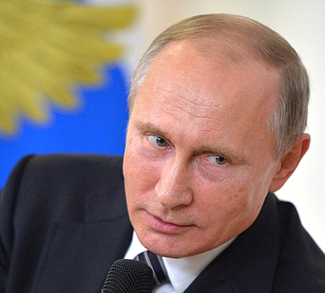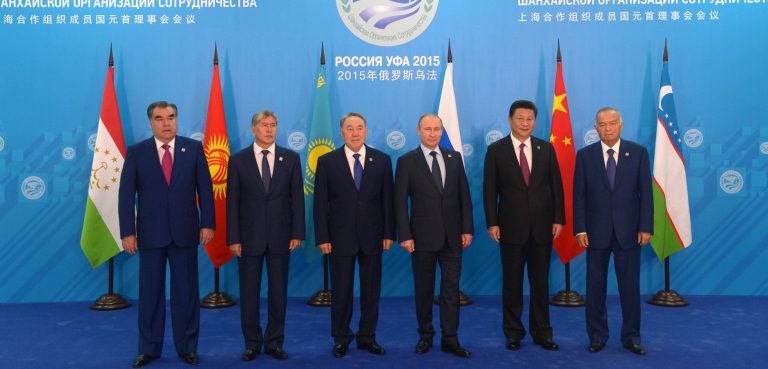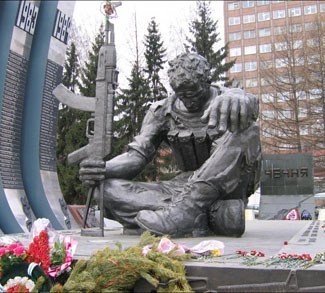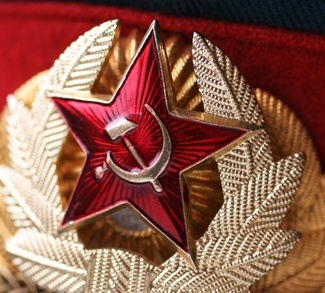On 11 June, the long-anticipated visa liberalization deal between the EU and Ukraine will come into effect, giving all passport-holding Ukrainian citizens access to the Schengen zone. For Crimeans, the deal has the potential to be life-changing as they will be able to request Ukrainian passports with their sights set on Europe, effectively turning their backs on a Russia adamant of its lasting union with the peninsula.
Since March 2014, the EU has imposed increasingly restrictive measures in response to Russia’s illegal annexation of Crimea and the destabilization of Ukraine. These measures include diplomatic initiatives, such as the cancelling of the 2014 EU-Russia summit and the exclusion of Russia from the G8 group of industrialized nations. Economic sanctions have so far targeted exchanges with specific Russian economic sectors, such as trade in the energy and defense industries, in addition to freezing the assets of several key political figures.
Such initiatives, however, are predominantly part of a waiting game, and their success can only be measured in the medium-to-long term. Furthermore, the inauguration of Trump has put a spanner in the works. In previous years, the EU closely coordinated its sanctions policy with the Obama administration. With Trump at the helm, concerns have been raised among European allies that Washington may withdraw from the Western sanction mechanism and pave the way for its collapse. At the very least, there can be no doubt that his election has relegated the issue of Ukraine to the side show of US foreign policy. Indeed, at this week’s NATO summit, a Trump surrogate said that the administration has no official position on the Russia sanctions
The move shows that the EU is willing to play hardball with Moscow, particularly in the field of soft power where Russia is most vulnerable.
Regardless, sanctions have so far failed to change the core orientation of Russia’s policy on Ukraine, which has been to maintain influence through controlled instability. This is due in part to the fact that the annexation of Crimea is a central part of Russian identity discourse: the large majority of the Russian population supports Moscow’s position on Ukraine, and believes the West bears full responsibility for the crisis. Approval ratings for foreign policy and Vladimir Putin remain high, and Russian media reacted to the waiver agreement with mockery. For Russia to reverse its position now would be to put the political leadership in danger itself.
The new visa arrangement, then, adds a soft-power weapon to an otherwise hard-power arsenal: could the EU’s tactics to try to bring Ukraine – much less Crimea – back into the fold really work?
Historically, the removal of visa requirements between states is generally accompanied by sharp growth in visitor arrivals. As such, a 2015 European Travel Commission report called for visa reforms in a move to boost tourist arrivals by 16% over 3 years and add €114 billion to the European economy. In January 2016, Britain eased travel restrictions for Chinese tourists, a shift which is expected to greatly boost tourism; the number of Chinese visitors the UK has already trebled over the last five years. Peru, which received visa waiver status in 2016 after a consortium led by France’s Imprimerie Nationale designed a new biometric passport, was set to see an estimated 15% growth in the number of travelers to Europe in the same year. It would follow, then, that this new deal can reasonably be expected to boost visitor numbers from both Ukraine and Crimea. In doing so, the EU may be successful in blurring the cultural and social boundaries between Crimea and the rest of Europe.
The new Schengen visa-free deal is not expected to be popular with everybody. Brussels’ move to ease visa restrictions for Ukrainians could be seen as underhanded by some, and is expected to be opposed by Ukrainian nationalists who see this as a way of acquiescing to Russia by providing Crimeans with a route to Ukrainian citizenship. The chances that a peaceful majority of Crimeans will agree to return to Ukrainian citizenship are slim, and the Kremlin is not likely to relinquish its claim on the peninsula once known as “the garden of the empire” in the face of a spike in the tourism industry.
Nonetheless, the move shows that the EU is willing to play hardball with Moscow, particularly in the field of soft power where Russia is most vulnerable. The EU is betting on the fact that countries with higher tourism flows tend to enjoy closer relations, marking a tentative roadmap to a Crimea primarily loyal to the EU. This has been the case for transitioning countries in Europe, which started to receive higher flows of tourists and develop closer with countries such as Germany after 1989.
The debate on how to deal with the Russian bear has played out in countless forums. Russia’s breaking out of its international isolation with its 2015 military intervention in Syria was a major test, particularly with the EU under pressure from an increasing number of refugees. In the following year, however, it was the Russia-Syrian bombing of Aleppo that prevented discussion of sanctions at EU level. Others have suggested opening international talks on the recognition of Crimea’s de facto Russian status as the only realistic option, highlighting the need to safeguard the cultural and political rights of local minorities.
While there can be no doubt the visa waiver between the EU and Ukraine is well-timed for the summer break, the EU will have to work harder to undermine the Kremlin’s political and cultural hold over the peninsula. With escalating controversy over the current US administration’s ties with Russia, an EU-officiated reunion of Crimea and Ukraine may be a lonely walk down the aisle.
The opinions, beliefs, and viewpoints expressed by the authors are theirs alone and don’t reflect any official position of Geopoliticalmonitor.com.




